Formlabs® Alumina 4N
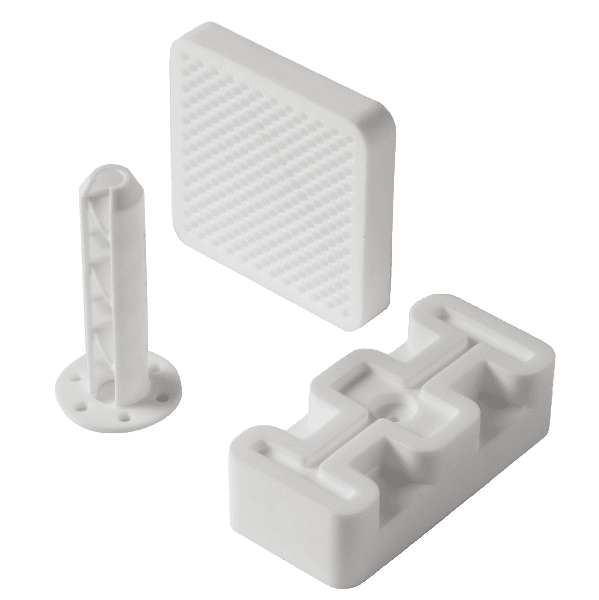
Formlabs®
Alumina 4N Resin
99.99% purity technical ceramic with exceptional performance
Formlabs Alumina 4N Resin is a 99.99% pure alumina technical ceramic with 98.6% relative density, and exceptional thermal, mechanical, and conductive properties — comparable to traditionally manufactured alumina (Al2O3).
Produce ceramic components without expensive tooling.
Formlabs Alumina 4N resin is a high-density and high-purity technical ceramic SLA 3D printing material with exceptional performance in extreme environments: thermally resistant, hard, abrasion resistant, mechanically strong, and chemically inert.
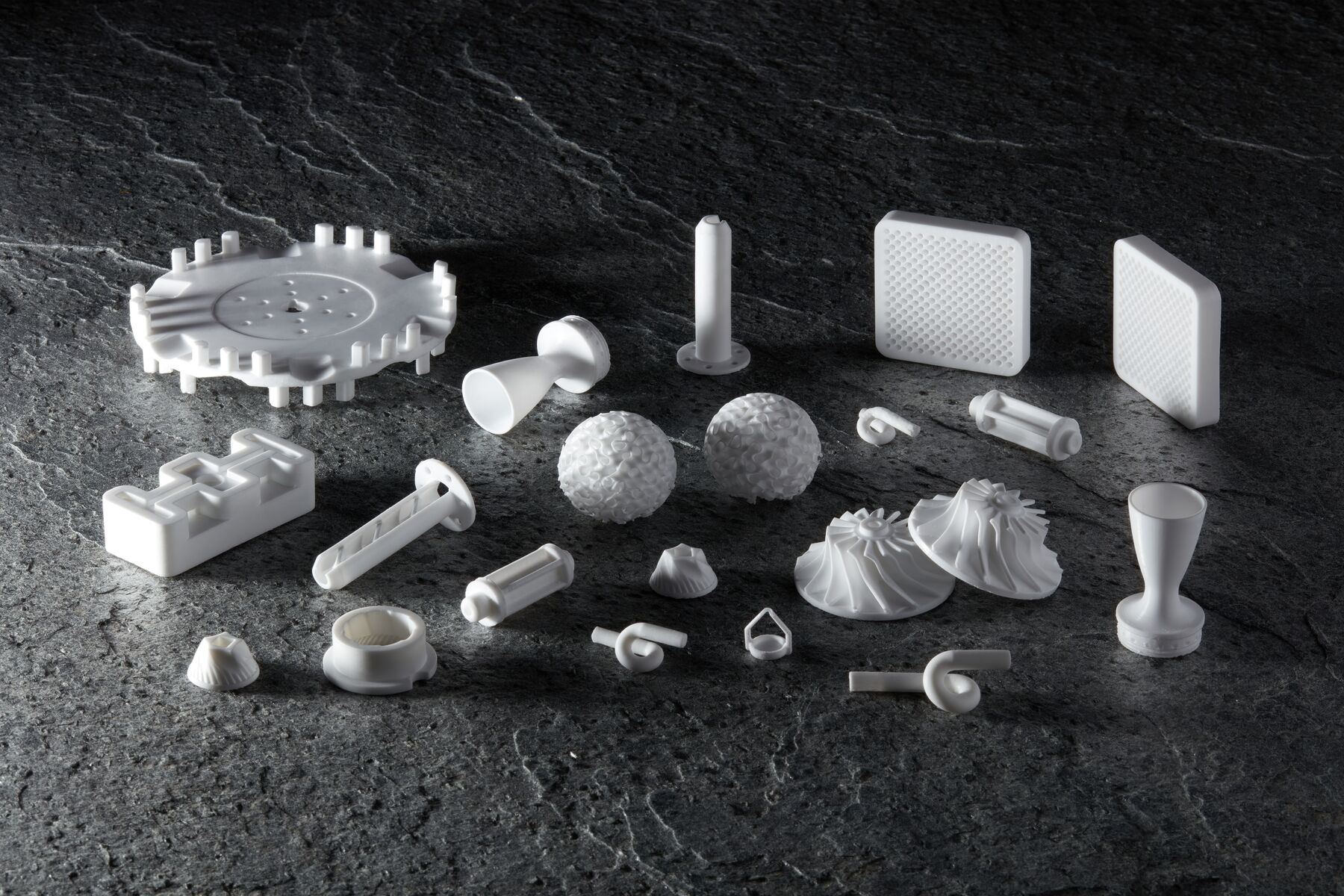
Material Performance*
![]()
SHORE D HARDNESS
70D
![]()
FLEXURAL STRENGTH
400 MPa
![]()
MAX. WORKING TEMPERATURE**
1500 °C
![]()
TENSILE MODULUS
390.0 GPa
*Internally measured data by Formlabs. Material properties may vary based on part geometry, print orientation, print settings, and firing schedule used.
**Currently testing at an independent testing lab
The Advantages of Using Formlabs Alumina 4N in SLA 3D Printing
Affordable & Easy to Use
Alumina 4N resin is 10x times cheaper than other alternatives and is the easiest-to-use ceramic material in SLA 3D printing.
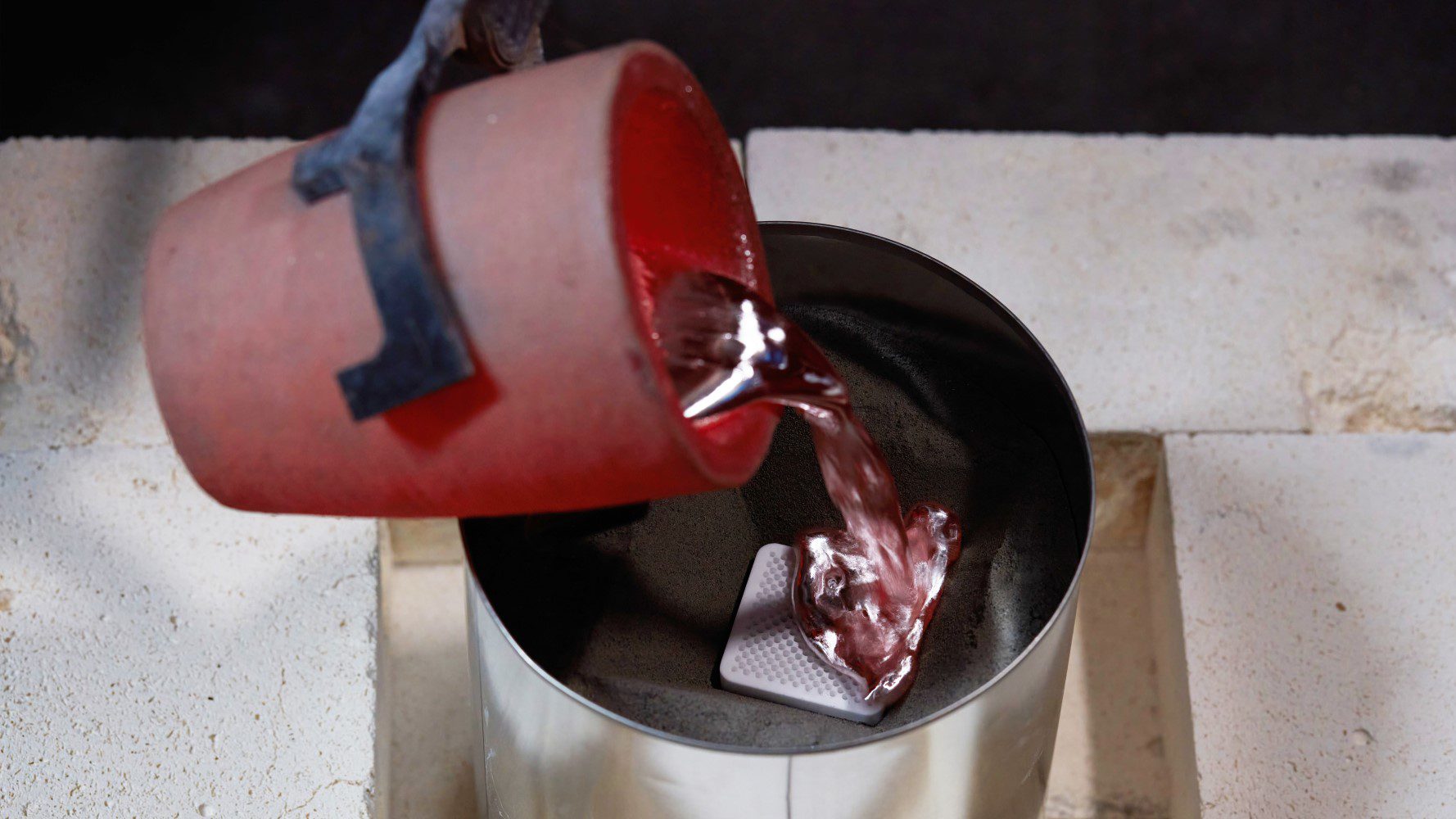

Shortened Turnaround Time & Reduced Costs
Avoid costly tooling and molds to lower production expenses and accelerate the end-to-end process, resulting in a faster overall development cycle.
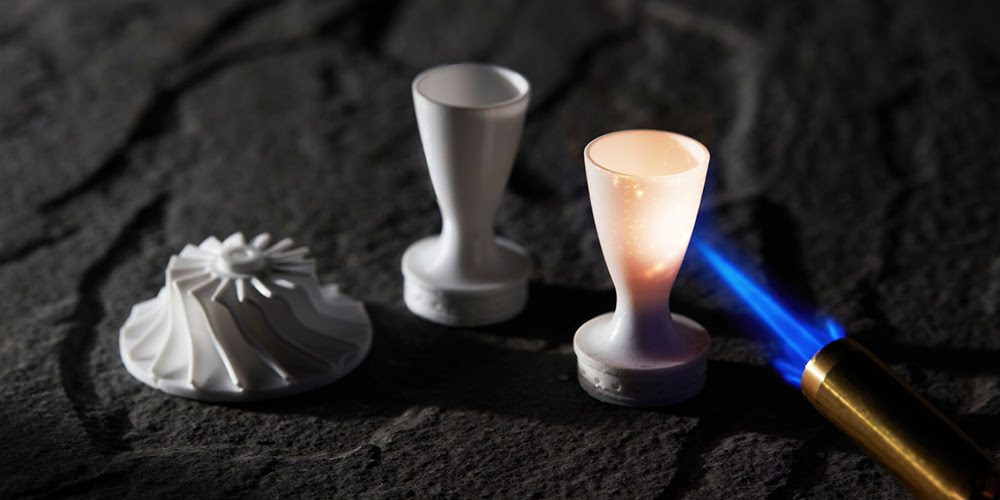
![]()
Freedom of Design
Produce ceramic elements featuring intricate internal passages, lattice frameworks, and intricate geometries, unattainable through conventional alumina production methods. Improve parts while ensuring both quality and performance remain uncompromised.
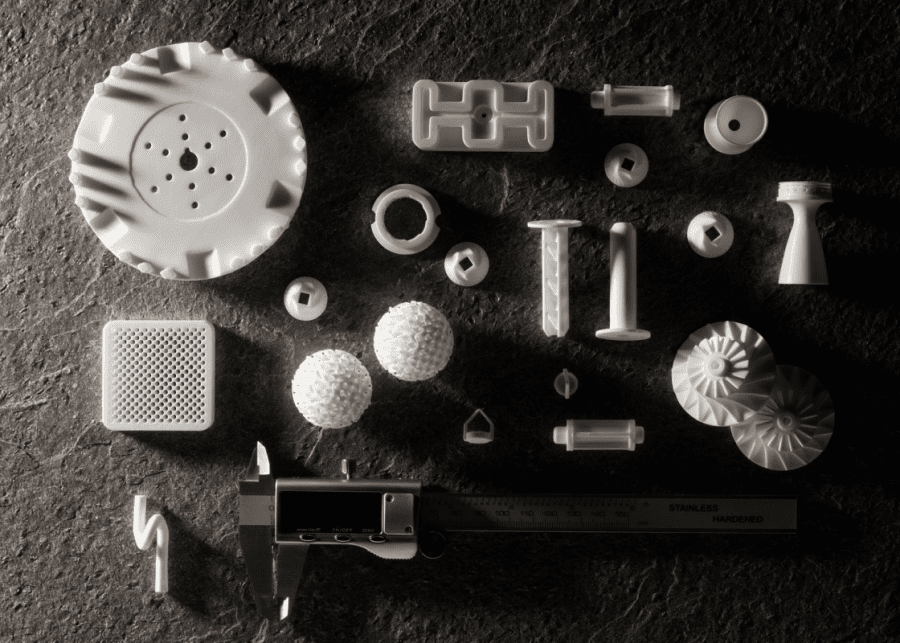

Extreme Performance
Formlabs Alumina 4N material performs well in extreme applications with a max working temperature of 1500 °C. It maintains an impressive flexural strength of over 400 MPa and resists compression and deflection with a modulus of 380 GPa.
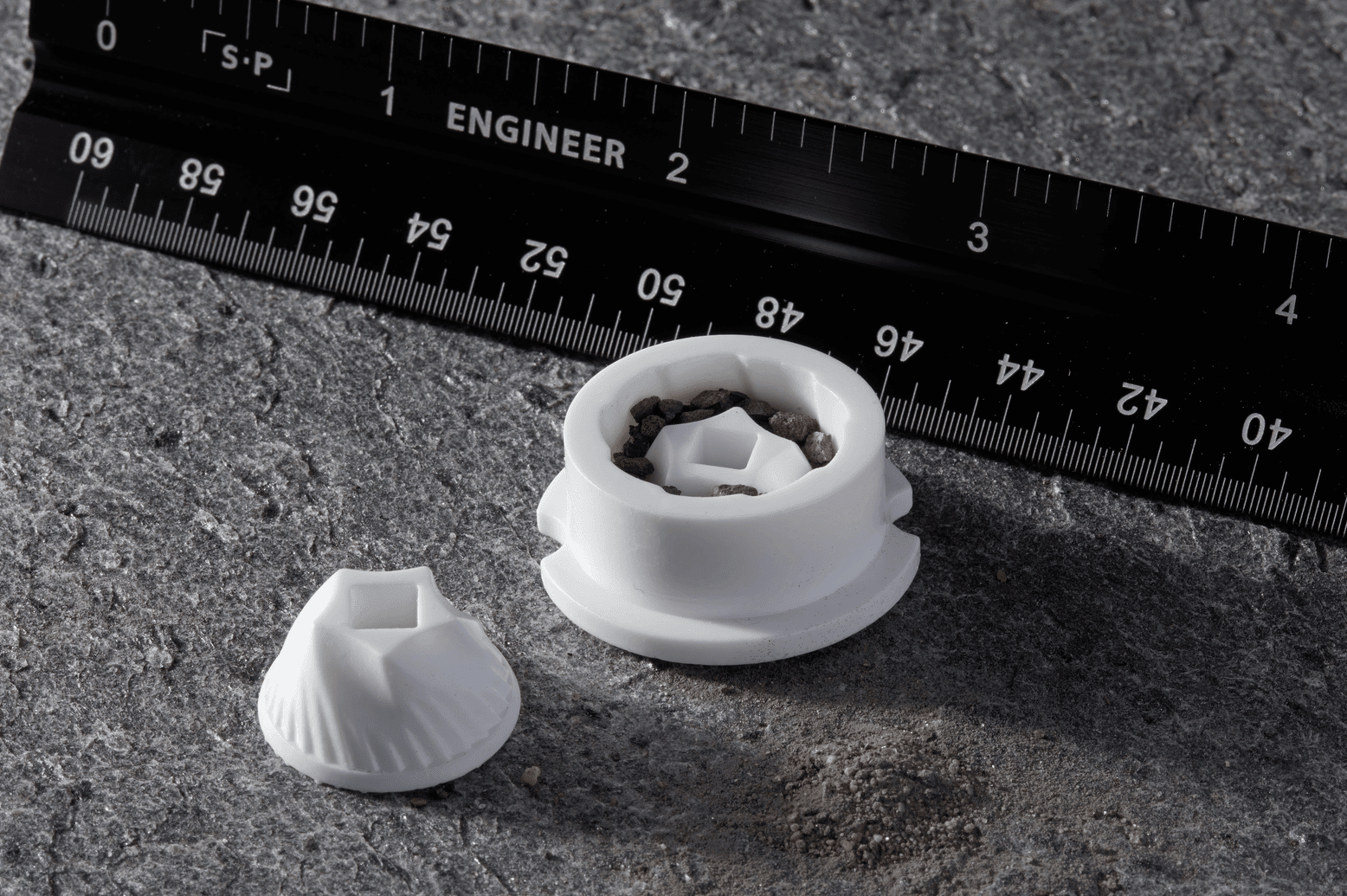
Applications
Many industries can benefit from using Formlabs Alumina 4N 3D printing material, such as the defence industry, manufacturing, automotive or chemical industry.
And, to name a few:
![]() High voltage components: enclosures, connector housings and covers, terminal blocks
High voltage components: enclosures, connector housings and covers, terminal blocks
![]() Chemical resistance: manifold pipes, mixing blades and pipes
Chemical resistance: manifold pipes, mixing blades and pipes
![]() Thermal protection: spark plug insulators, electrical mounting, insulating housings or tubes
Thermal protection: spark plug insulators, electrical mounting, insulating housings or tubes
![]() Foundry tools for metal casting: cores, crucibles, gating, sprues, mixing tools, thermocouple sheaths, metal filters
Foundry tools for metal casting: cores, crucibles, gating, sprues, mixing tools, thermocouple sheaths, metal filters
Main Technical Specifications
Resin Properties |
Resin Properties
|
Green State Properties³ |
Green State Properties³
|
Sintered State Properties³ |
Sintered State Properties³PHYSICAL & MECHANICAL PROPERTIES
|
Electrical Properties |
Electrical Properties
|
Thermal Properties |
Thermal Properties
|
¹Material properties may vary based on part geometry, print orientation, print, settings, and firing schedule used.
²All sintered parts were fired using a 2-oven conservative firing schedule (schedule #1)
³Internally measured data; Currently testing at an independent testing lab
